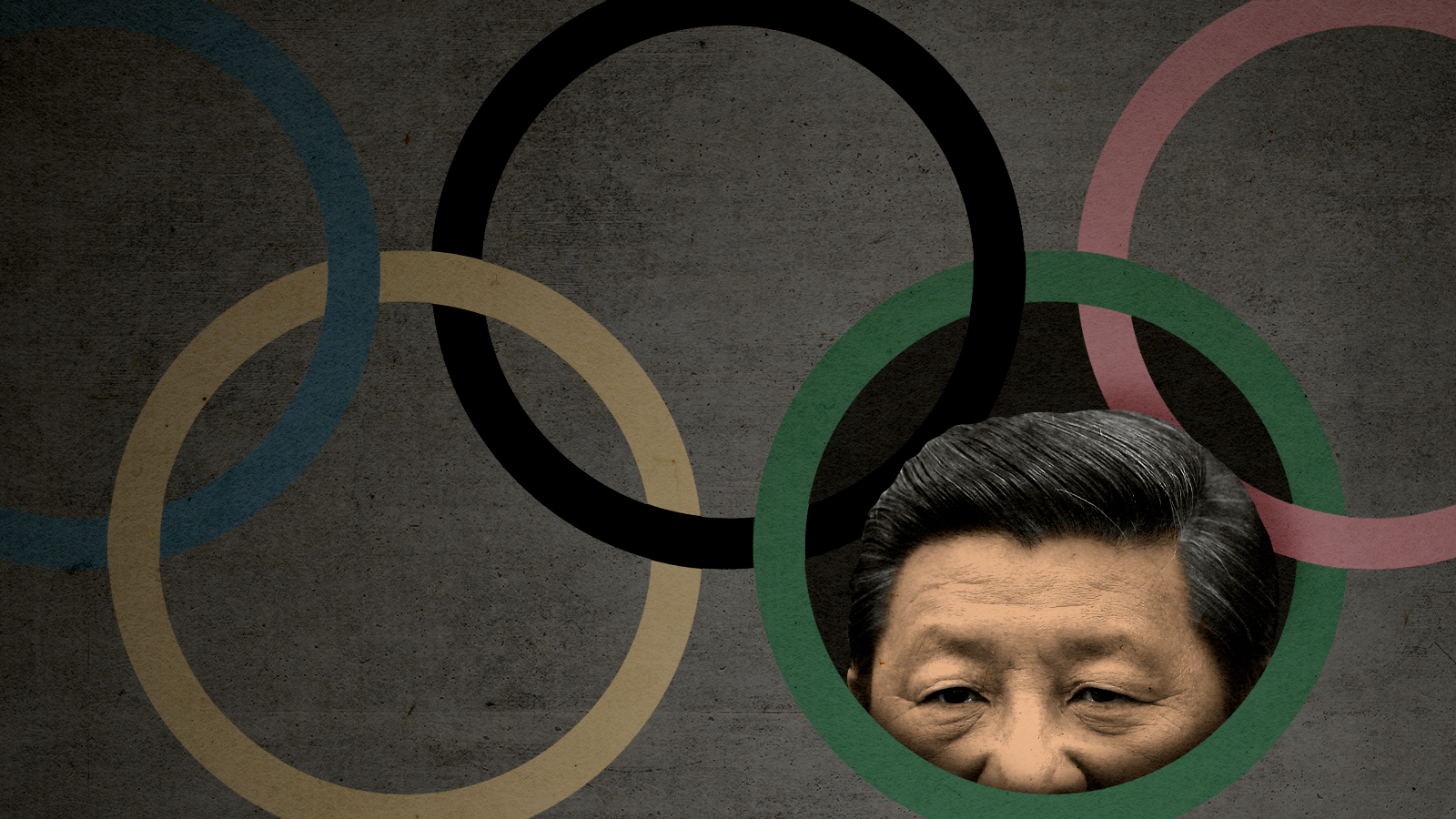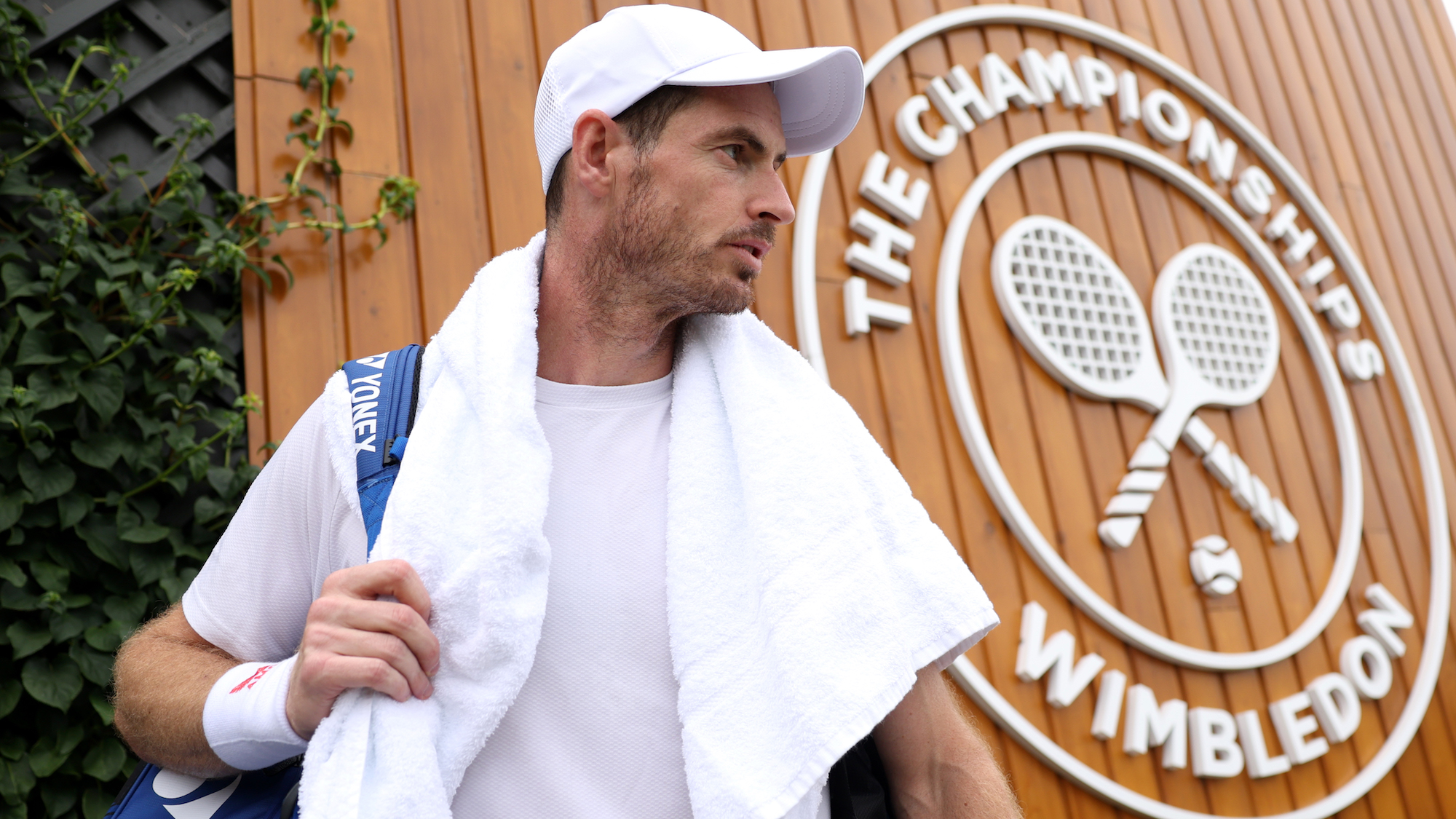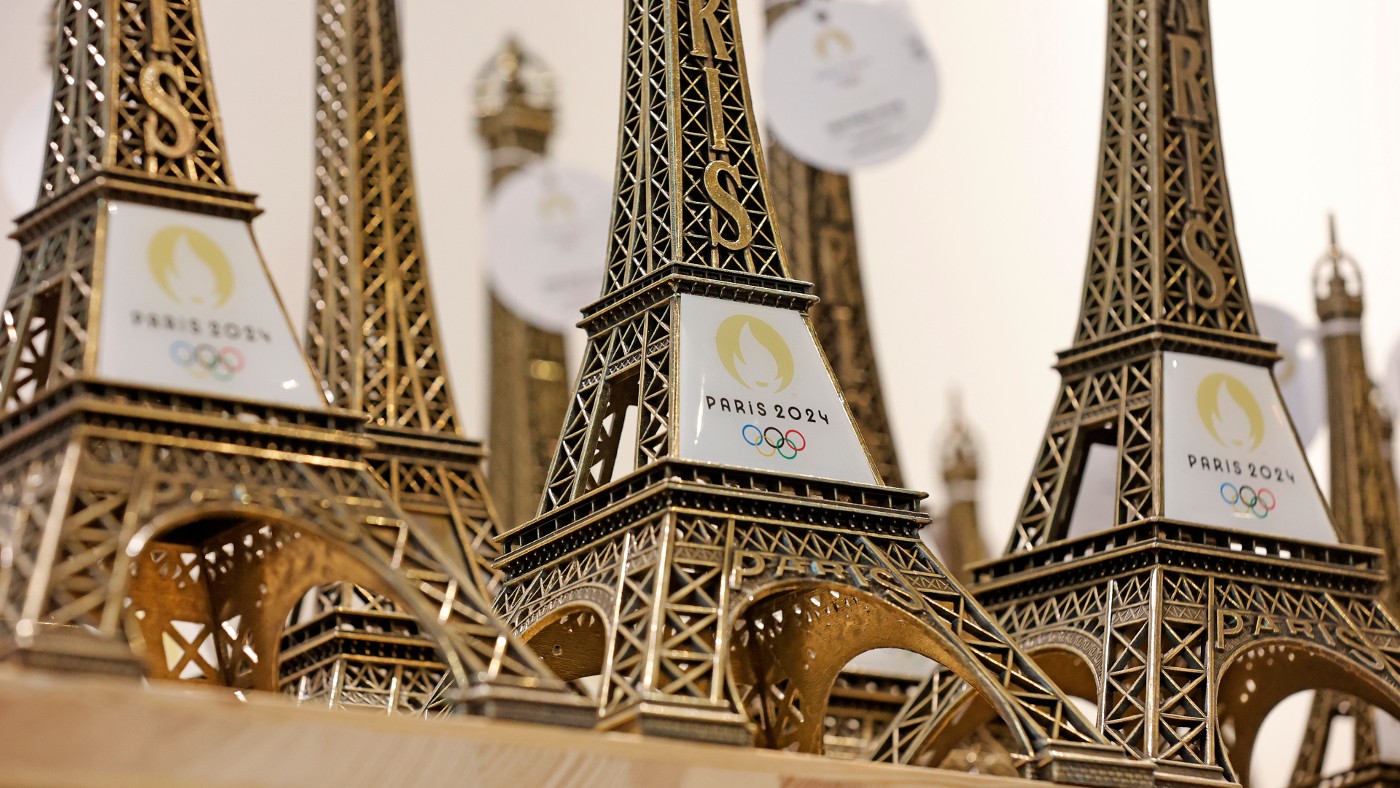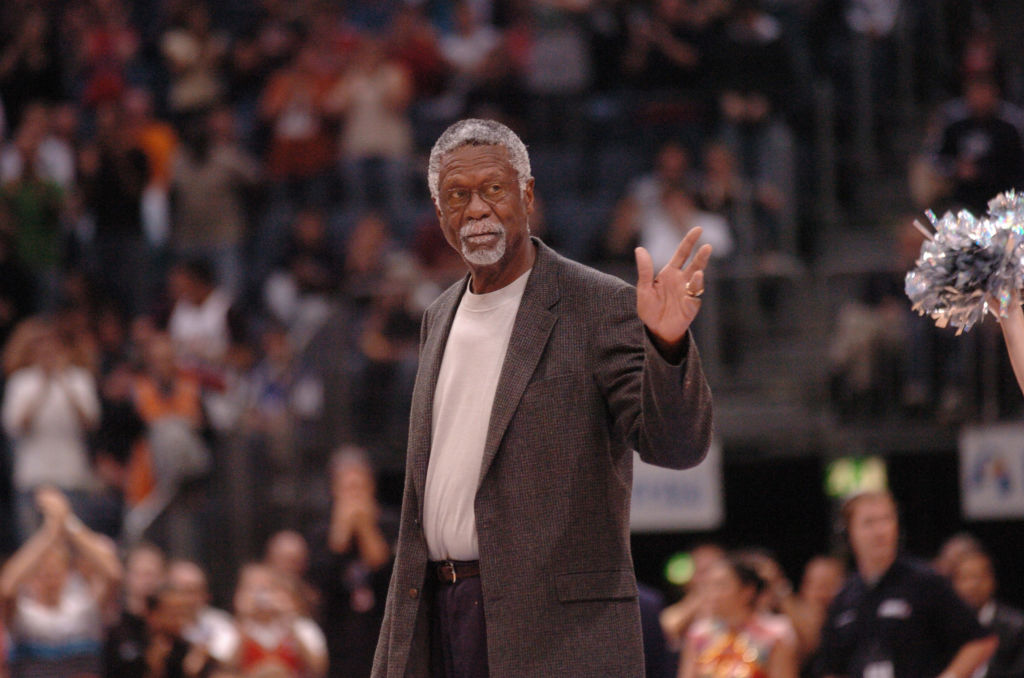How China could lose the political Olympics


A free daily email with the biggest news stories of the day – and the best features from TheWeek.com
You are now subscribed
Your newsletter sign-up was successful
The Olympics aren't just about sports. As a major international media event, the Games also serve as a showcase for the host country. In some cases, as in the Tokyo Olympics of 1964 or the Seoul Games of 1988, that has meant celebrating newfound openness and prosperity. In others, including the notorious 1936 Games hosted by the Third Reich, it's been an opportunity to promote the dubious benefits of dictatorship.
The 2022 Winter Olympics, which officially opened in Beijing on Friday, fall into the latter category. As in 2008, when Beijing hosted the Summer Games, the Chinese Communist Party hopes to impress the world with its efficiency and confidence at a time when Western powers seem to be faltering.
It may not work as well this time, though. For one thing, the tyrannical character of the regime is even more obvious now than 14 years ago. In 2008, Western leaders could still imagine that China was moving along an idiosyncratic, perhaps swerving, but nevertheless progressive course toward liberalization. Today, that illusion has become impossible to sustain — hence the diplomatic boycott by the Biden Administration and several allied governments.
The Week
Escape your echo chamber. Get the facts behind the news, plus analysis from multiple perspectives.

Sign up for The Week's Free Newsletters
From our morning news briefing to a weekly Good News Newsletter, get the best of The Week delivered directly to your inbox.
From our morning news briefing to a weekly Good News Newsletter, get the best of The Week delivered directly to your inbox.
Second, China's zero COVID policies make it difficult to mount the impressive crowds that make the Games such an appealing public relations opportunity. Some events will be conducted without any outside attendance. Other venues will admit audiences well under their capacity from a hand-picked list of 150,000 approved spectators. You can count on careful filming and editing to conceal empty seats. But it's hard to fake the excitement that comes from a full house.
Harsh tactics used to maintain control of both political expression and public health could also backfire. Chinese officials have already manhandled a Dutch reporter in the middle of a live broadcast. That's not the kind of image they want showing around the world.
Finally, this year's Games have to contend with shrinking television audiences. U.S. ratings for the Tokyo Games in 2021, also conducted under COVID conditions, were down 45 percent from their predecessor in 2016. And the Winter Games traditionally attract fewer viewers than the summer ones. Some of that audience may be migrating to streaming platforms rather than tuning out entirely. But the disaggregation of media and declining interest in spectator sports suggest that expectations that the Olympics will attract mass audiences may belong to a bygone age of shared televisual experience.
That's too bad for athletes eager to compete, even under difficult conditions. But it could be a good thing for opponents of the CCP and its General Secretary Xi Jinping, who wanted another magnificent display of tightly choreographed power. If they lose their competition for Olympic prestige, the rest of the world wins.
A free daily email with the biggest news stories of the day – and the best features from TheWeek.com
Samuel Goldman is a national correspondent at TheWeek.com. He is also an associate professor of political science at George Washington University, where he is executive director of the John L. Loeb, Jr. Institute for Religious Freedom and director of the Politics & Values Program. He received his Ph.D. from Harvard and was a postdoctoral fellow in Religion, Ethics, & Politics at Princeton University. His books include God's Country: Christian Zionism in America (University of Pennsylvania Press, 2018) and After Nationalism (University of Pennsylvania Press, 2021). In addition to academic research, Goldman's writing has appeared in The New York Times, The Wall Street Journal, and many other publications.
-
 How the FCC’s ‘equal time’ rule works
How the FCC’s ‘equal time’ rule worksIn the Spotlight The law is at the heart of the Colbert-CBS conflict
-
 What is the endgame in the DHS shutdown?
What is the endgame in the DHS shutdown?Today’s Big Question Democrats want to rein in ICE’s immigration crackdown
-
 ‘Poor time management isn’t just an inconvenience’
‘Poor time management isn’t just an inconvenience’Instant Opinion Opinion, comment and editorials of the day
-
 Can the NBA survive the FBI’s gambling investigation?
Can the NBA survive the FBI’s gambling investigation?Talking Points A casualty of the ‘sports gambling revolution’
-
 Andy Murray: Britain's greatest sportsperson?
Andy Murray: Britain's greatest sportsperson?Talking Points Injury denies Scot a final singles appearance at Wimbledon but his place in history is assured
-
 Olympics 2024: is Paris ready to party?
Olympics 2024: is Paris ready to party?Talking Points Build-up to this summer's Games 'marred' by rows over national identity, security and pollution
-
 Grand National: will safety changes work?
Grand National: will safety changes work?Talking Point UK's most famous horse race brings in new welfare measures amid increased scrutiny
-
 Bill Russell's legacy
Bill Russell's legacyTalking Point The brilliant team player who backed down to no one, on and off the court
-
 Colin Kaepernick won't make it as a backup in the NFL
Colin Kaepernick won't make it as a backup in the NFLTalking Point
-
 The NBA belongs to the world now
The NBA belongs to the world nowTalking Point
-
 We'll remember St. Peter's wins long after we forget UNC's
We'll remember St. Peter's wins long after we forget UNC'sTalking Point
